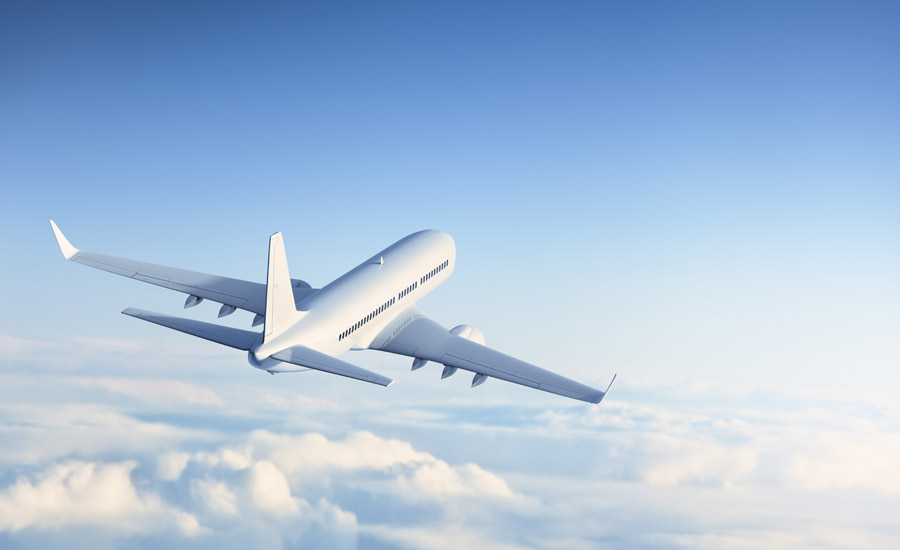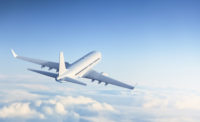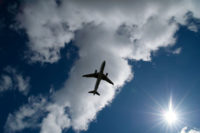Along with loaded guns and dynamite, hoverboards are now on the banned list for checked luggage for the “Big 3” U.S. airlines.
In announcing the ban, Delta, United and American airlines said the lithium ion batteries that are used to power hoverboards could potentially spark onboard fires.
The two-wheeled, self-balancing platforms are growing in popularity. The ban comes just in time for the holiday travel season, in which 38 million people are expected to fly.
"Employee and passenger safety remains the airline’s top priority, driving Delta to disallow hoverboards and all lithium battery powered self-balancing personal transportation devices in carry-on and checked baggage effective Dec. 11," Delta said in a statement announcing the ban.
"Poorly labeled, powerful lithium-ion batteries powering hoverboards are the issue," the Delta statement continued. "Delta reviewed hoverboard product specifications and found that manufacturers do not consistently provide detail about the size or power of their lithium-ion batteries."
A series of incidents involving Boeing's 787 "Dreamliner" jets drew attention to lithium batteries as a potential mid-air hazard.
The Federal Aviation Administration (FAA) issued a safety alert for flight operators earlier this year to encourage airlines to inform passengers at the point of ticket purchases and check-in that lithium batteries are prohibited in checked and carry-on luggage.
Delta said its investigation of hoverboards "revealed devices often contain battery varieties above the government mandated 160 watt hour limit permitted aboard aircraft.
"While occurrences are uncommon, these batteries can spontaneously overheat and pose a fire hazard risk," the airline said. "In addition to the 160 watt hour or less requirement for lithium ion batteries, any spare batteries (or any battery not already installed into an electronic device) must be in carry-on baggage, and no more than two spares are allowed."
United and American airlines are reportedly considering similar bans.





